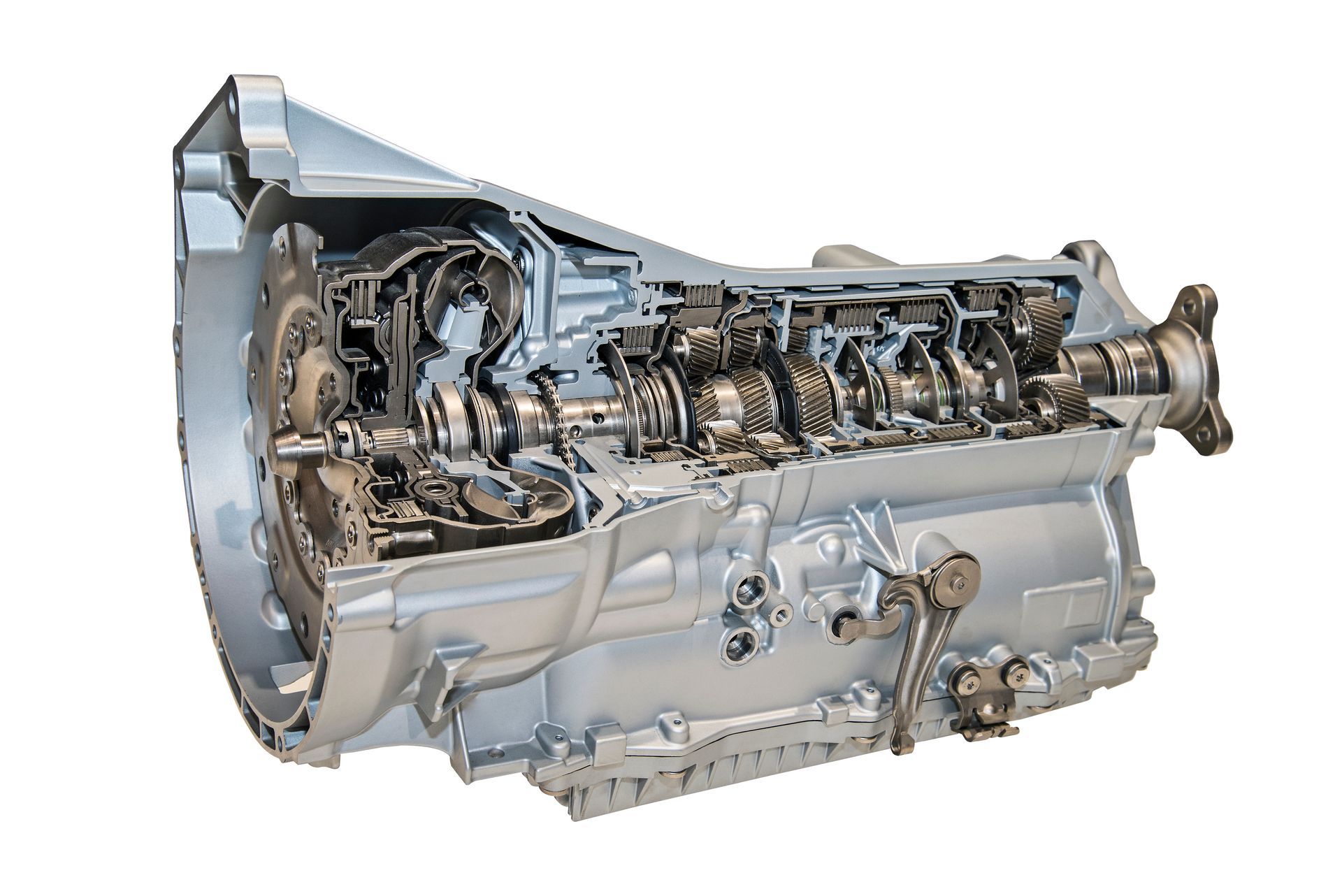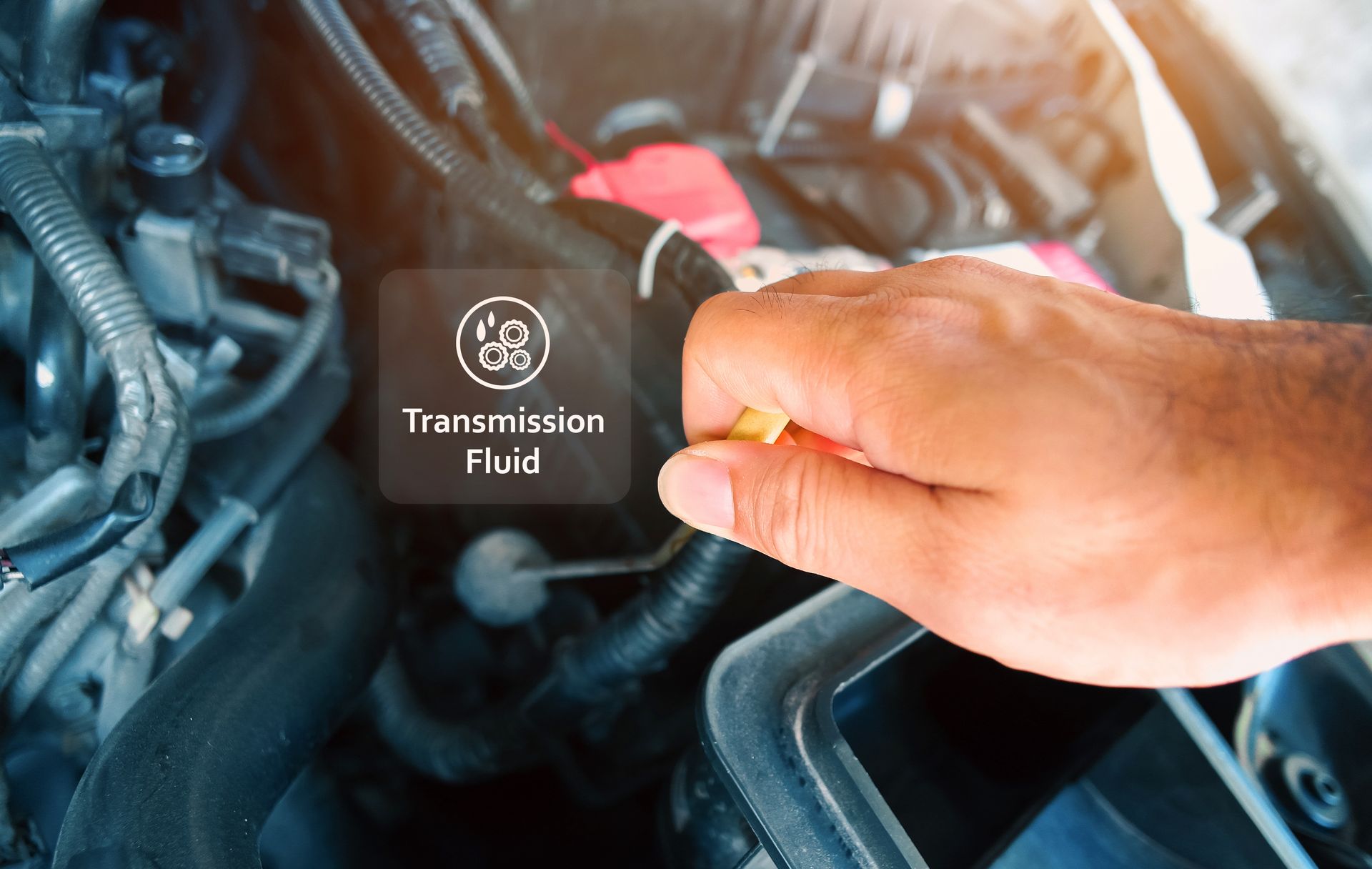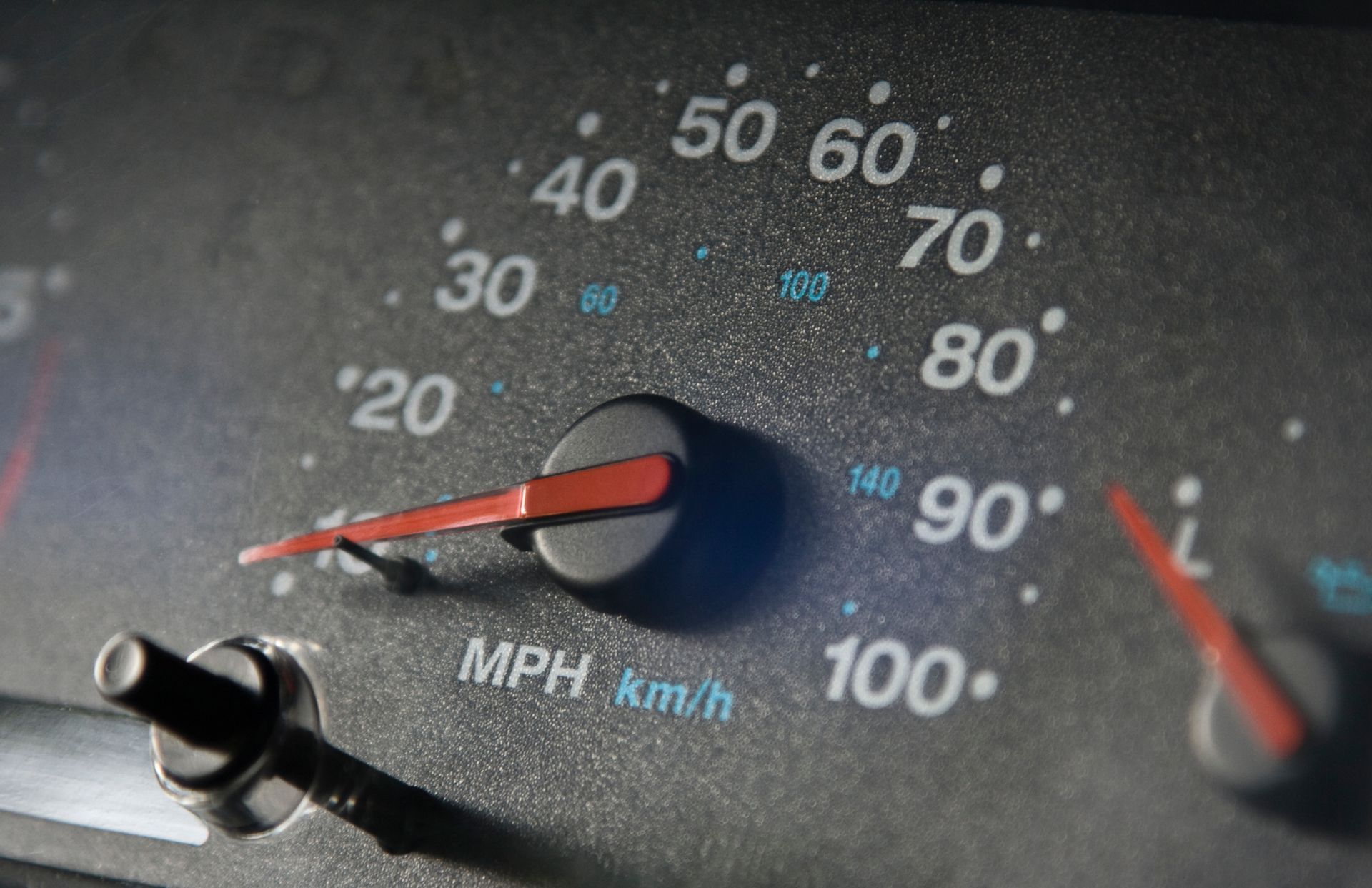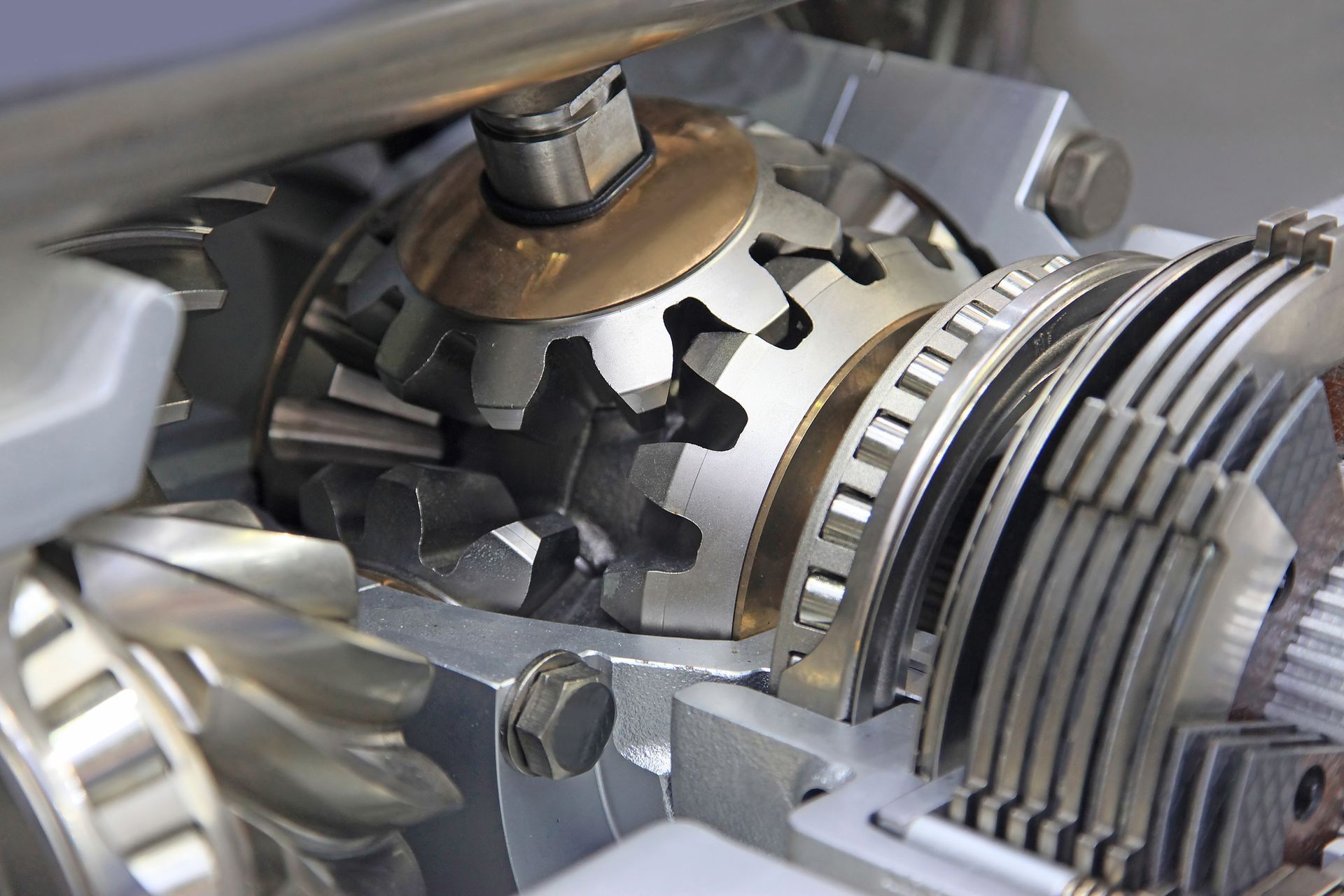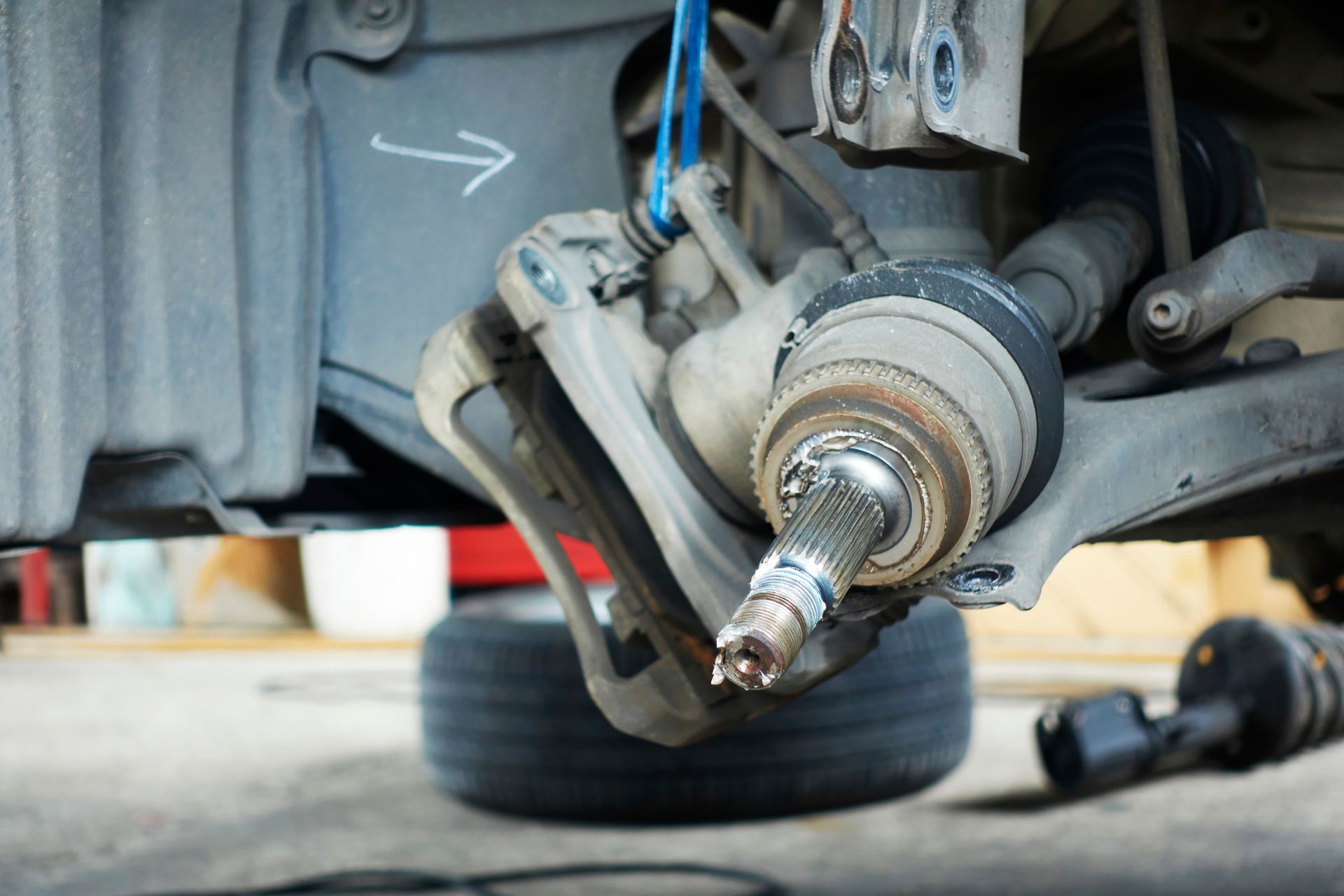Mercedes-Benz vehicles are admired worldwide for their luxurious design, smooth performance, and cutting-edge technology. However, like any vehicle, they aren’t immune to mechanical problems, and the transmission is one of the most important components that can cause headaches for owners. Whether you drive a sporty C-Class or a luxurious S-Class, understanding common transmission issues can help you recognize early warning signs, avoid costly breakdowns, and keep your Mercedes performing at its best.
The Role of the Transmission
The transmission is responsible for transferring power from the engine to the wheels, enabling your car to move smoothly and shift gears effectively. Modern Mercedes-Benz vehicles typically use sophisticated automatic transmissions designed for seamless shifting and optimal fuel efficiency.
With all their complexity, these transmissions require precise maintenance and careful handling. Even minor problems can escalate quickly if left unchecked.
Rough or Delayed Shifting
One of the most common transmission complaints among Mercedes drivers is rough or delayed gear shifts. You might notice your car hesitating before moving into the next gear, or you may feel a jolt when it finally engages.
This can occur due to low or degraded transmission fluid, a faulty valve body, or issues with the electronic control unit. The sophisticated electronics that control shifting in Mercedes vehicles are sensitive, and even small malfunctions can disrupt smooth performance.
Transmission Slipping
Transmission slipping is another problem that can affect Mercedes-Benz cars. You may feel as if your vehicle is losing power or not responding properly when you press the gas pedal. In some cases, the engine might rev unusually high without corresponding acceleration.
This can occur due to worn clutch packs inside the transmission, low fluid levels, or internal seal failures. Slipping not only affects performance but can lead to further internal damage if ignored.
Fluid Leaks
Transmission fluid leaks are a serious concern because they can quickly lead to low fluid levels, which starve the transmission of the lubrication and hydraulic pressure it needs.
Mercedes transmissions use specific fluid types designed for their advanced systems. Leaks can develop around the transmission pan gasket, seals, or cooler lines. It’s important to address these leaks immediately to prevent overheating and component damage.
Gear Selector or Electronic Failures
Many Mercedes-Benz vehicles are equipped with electronic gear selectors rather than traditional mechanical linkages. While these provide convenience and modern styling, they can fail or malfunction due to electronic glitches or wear in the selector module.
When this happens, you may experience problems shifting out of park, unexpected gear engagement, or an inability to select gears. These issues can leave you stranded if not resolved promptly.
Warning Lights and Error Messages
Modern Mercedes models often display clear warnings when an issue arises with the transmission. You may see a transmission warning light or receive messages on the dashboard instructing you to visit the workshop.
These alerts shouldn’t be ignored. Even if the car still drives normally, a stored error code can indicate a developing problem that, if addressed early, might prevent severe damage and costly repairs.
Unusual Noises
Grinding, whining, or humming noises while driving or shifting can point to transmission problems. These sounds often come from worn bearings, damaged gears, or low fluid levels.
It’s essential to have unusual noises inspected as soon as possible, as they can signal that internal components are wearing prematurely and may soon fail completely.
Regular Maintenance
Mercedes-Benz transmissions are engineered for longevity but require regular maintenance to stay reliable. Following the manufacturer’s recommended service intervals for fluid changes and inspections helps catch problems before they escalate.
Because these vehicles utilize specialized transmission fluids and advanced systems, maintenance should always be performed by technicians familiar with Mercedes-Benz vehicles.
Trust Eagle Transmission & Auto Repair Across Texas
Whether your Mercedes is exhibiting signs of slipping, hesitating shifts, fluid leaks, or warning lights, prompt diagnosis and repair are crucial to prevent extensive damage. At Eagle Transmission & Auto Repair, with 25 locations across Texas, our technicians specialize in servicing transmissions. We utilize advanced diagnostic equipment and adhere to factory guidelines to ensure your vehicle receives the highest level of care.
Don’t wait until a minor issue turns into a major repair — schedule your transmission inspection today and keep your Mercedes shifting as smoothly as it was meant to.



























